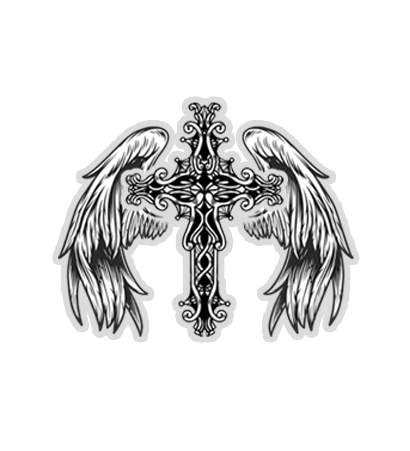How to Choose the Best Auto Body Shop for Collision Repairs
When your vehicle has been in an accident, finding the right auto body shop for collision repairs is crucial. You want a shop that provides quality repairs, fair pricing, and excellent customer service. But with so many options, how do you know which one to trust?
Here’s a step-by-step guide to help you choose the best auto body shop for your needs.
1. Check for Certifications and Experience
A reputable auto body shop should have certified technicians trained in the latest repair techniques. Look for certifications such as:
- I-CAR Gold Class Certification (a leading standard in collision repair)
- ASE Certification (indicates expertise in auto repair and service)
Additionally, an experienced shop with years in the industry is more likely to provide high-quality repairs.
2. Look for Positive Customer Reviews
Online reviews and testimonials offer valuable insight into a shop’s reputation. Check Google Reviews, Yelp, and Facebook to see what past customers say about:
- Repair quality
- Customer service
- Turnaround time
- Pricing transparency
If a shop has consistent positive feedback, it’s a good sign they deliver reliable service.
3. Ask About Warranties on Repairs
A trustworthy auto body shop should stand behind their work by offering warranties on repairs. Ask questions like:
- What type of warranty do you offer?
- How long does the warranty last?
- What does the warranty cover?
A shop that offers a lifetime warranty on collision repairs shows confidence in their workmanship.
4. Get Multiple Estimates
Not all repair estimates are the same. It’s a good idea to get quotes from at least three shops to compare pricing and services. While the lowest price may be tempting, be cautious—cheap repairs can lead to poor workmanship and more expenses in the long run.
Instead, choose a shop that offers a fair price with high-quality service.
5. Ask About OEM vs. Aftermarket Parts
When repairing your vehicle, the type of parts used matters. Ask if the shop uses:
- OEM (Original Equipment Manufacturer) parts – Made by the car’s manufacturer for the best fit and performance.
- Aftermarket parts – May be cheaper but vary in quality.
If you prefer OEM parts, make sure the shop can accommodate your request.
6. Verify Their Insurance and Licensing
A legitimate auto body shop should have:
- Proper business licensing
- Liability insurance to protect your vehicle
- Direct billing with major insurance companies for a smoother claims process
If a shop can’t provide proof of these, it’s best to look elsewhere.
7. Inspect the Shop’s Cleanliness and Equipment
A professional auto body shop should have a clean and organized workspace with modern equipment. Look for:
- State-of-the-art paint booths for a flawless finish
- Frame straightening machines for accurate collision repairs
- Advanced diagnostic tools to ensure proper repair
A well-maintained facility reflects the shop’s commitment to quality.
8. Evaluate Customer Service and Communication
A shop’s approach to customer service can make a huge difference in your repair experience. Choose a shop that:
- Communicates clearly and honestly about repair timelines and costs
- Helps with insurance claims and paperwork
- Keeps you updated throughout the repair process
Good communication ensures a stress-free repair experience.
Conclusion
Choosing the right auto body shop for collision repairs is essential to restore your car’s safety and appearance. By considering certifications, customer reviews, warranties, and repair quality, you can find a shop that provides reliable service and peace of mind.
At T & T Auto Body and Service, we take pride in delivering top-quality collision repairs with expert craftsmanship and exceptional customer service. Contact us today for a free estimate!
Services
Quick Links
Contact Us
Mon-Fri: 8am-5pm
Sat-Sun: Closed

